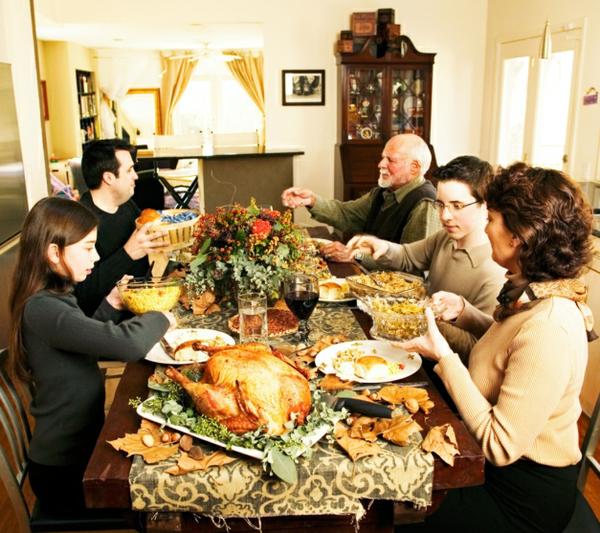Confessions of a Therapist
On the outside, it may look like New Year’s resolutions have gone by the wayside.
My last article on “Sacred Interruptions” seem like Christmas decorations still hanging around. Here’s the first of other confessions. We do have our stuff put away!
Energies have gone into preparations for my new business. The last two months could easily have been spread out an entire year.
I’ve moved from the shady comfort of group private practice at Elbow Tree Christian Counseling. After nearly a decade, I’m now on my own as JudyCounselor. Multiple emotions have accompanied my new private practice journey.
Confessions: Uncertainty, fear, excitement, energy, grief, sadness, disappointment, determination, and anticipation are just a few I can name.
Here are my “Confessions of a Therapist” to pave the way for clarity as I make huge changes.
- I’m owning a forgotten entrepreneurial spirit that’s been dormant for years. Still passionate about the counseling I do, I’m energized to move beyond the four walls of my office.
- I love to write even though I have gobs of insecurity and writer’s block from time to time. Affirmations from readers fuel my energy.
- I’ve adopted Dr. Brene Brown as my official cheerleader. Her book, Daring Greatly: How the courage to be vulnerable transforms the way we live, love, parent and lead, is my mantra. My history of daring greatly has been packaged through Scripture and points of spiritual risk-taking. Brene’s message is packaged with psychological research on vulnerability and shame. She makes sense of what whole-hearted living is about. I call it the abundant life Christ died to give!
- Major changes for me come about every decade. From teaching piano lessons in my home, to selling Avon, to home-schooling my four young children, to volunteer work at our local pregnancy center, to pursuing professional development, I seem to shift every 10 years. My perspective changes, and I grow along the way.
I’m thankful for being in this grandparent stage of life. I see patterns and cycles that never made sense to me like they do now. I’ve been blessed beyond what I deserve! I’m more than thankful for those who have entrusted their lives with me in the sacred space of my counseling office.
My new practice includes personal development counseling and consulting for leaders: parents, clergy, therapists, medical professionals, volunteers, and influencers. Creating Dignity in Relationship, a Life by Design sums up my mission statement. May you dare greatly as you move into the New Year.
Questions to Ponder
- What gift has been dormant in you that’s waiting to be recognized?
- What decision or affirmation do you need to move toward a whole-hearted life?
- How has your perspective changed from the past?




